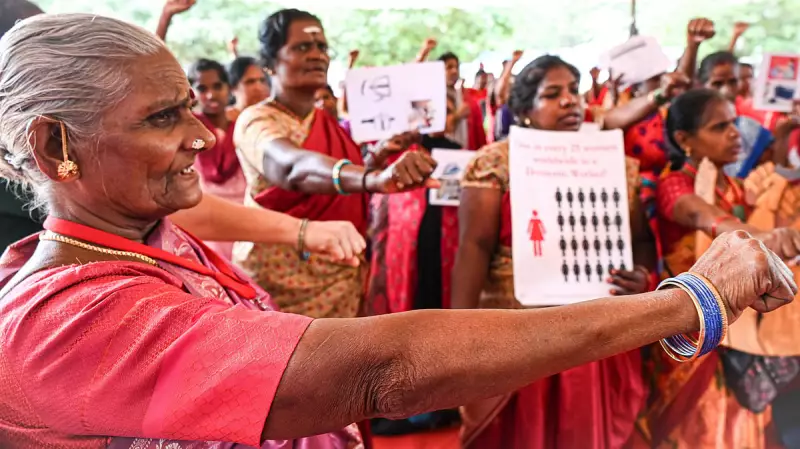
Labor unions and worker rights organizations across Karnataka are raising serious concerns about the proposed Karnataka Domestic Workers (Regulation of Employment and Social Security) Bill, 2024, citing significant gaps that could leave millions of workers unprotected.
Key Provisions and Missing Elements
The draft legislation, which aims to regulate the employment conditions of domestic workers in the state, includes several important provisions but misses critical protections according to experts. The bill was drafted by a committee led by former High Court judge Justice H N Nagamohan Das and was submitted to the state government on March 12, 2024.
While the bill proposes mandatory registration of domestic workers and establishes a Karnataka Domestic Workers Board, activists argue it fails to address fundamental issues. The most glaring omission is the lack of a comprehensive social security framework that would provide essential benefits like healthcare, maternity coverage, and pension schemes.
Union and Activist Concerns
Domestic worker unions have identified several critical areas where the legislation falls short. Clifton D'Rozario, national secretary of the All India Central Council of Trade Unions (AICCTU), expressed disappointment that the bill doesn't establish a dedicated welfare board with tripartite representation including workers themselves.
"The absence of a proper grievance redressal mechanism is particularly worrying," D'Rozario noted. "Without accessible complaint procedures and enforcement mechanisms, domestic workers facing exploitation or non-payment of wages have nowhere to turn."
The bill's registration requirements have also drawn criticism. Meenakshi Balasubramanian from the civil society organization Working Peoples' Charter highlighted that making registration mandatory without ensuring accessibility could effectively exclude many workers from legal protection.
Implementation Challenges and Recommendations
Experts point to several practical challenges in implementing the current draft. The legislation lacks clarity on how the proposed board would function and what resources would be allocated to ensure effective operation. Without adequate funding and administrative support, the board risks becoming another bureaucratic hurdle rather than a genuine support system.
Unions are advocating for several key amendments before the bill moves forward:
- Establishment of a tripartite welfare board with worker representation
- Comprehensive social security coverage including health insurance and pension
- Simplified, accessible grievance redressal mechanisms
- Clear provisions for minimum wages and working conditions
- Robust implementation framework with adequate funding
The concerns come at a crucial time for Karnataka's estimated 3-4 lakh domestic workers, predominantly women from marginalized communities who have long sought formal recognition and protection under labor laws.
As the state government reviews the draft legislation, pressure is mounting to address these gaps and create a bill that truly protects some of the most vulnerable workers in the informal economy. The outcome could set an important precedent for domestic worker rights across India.





